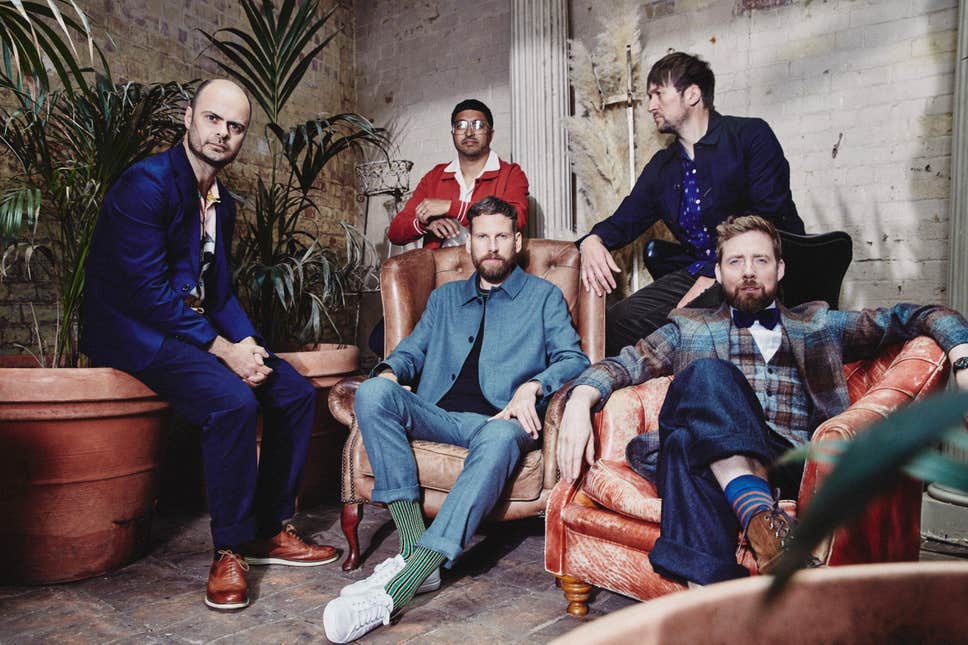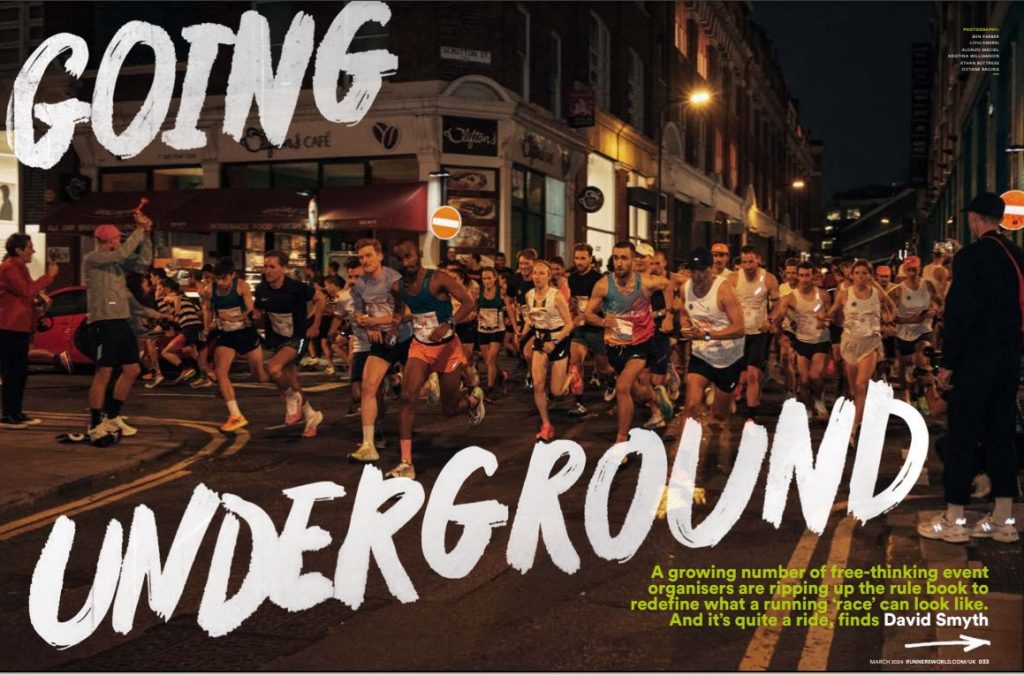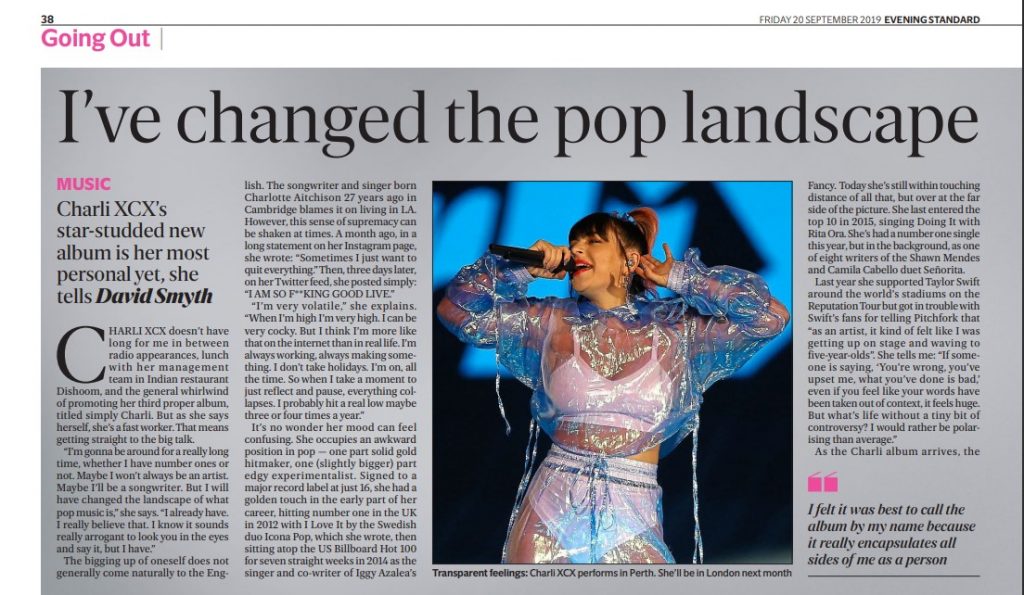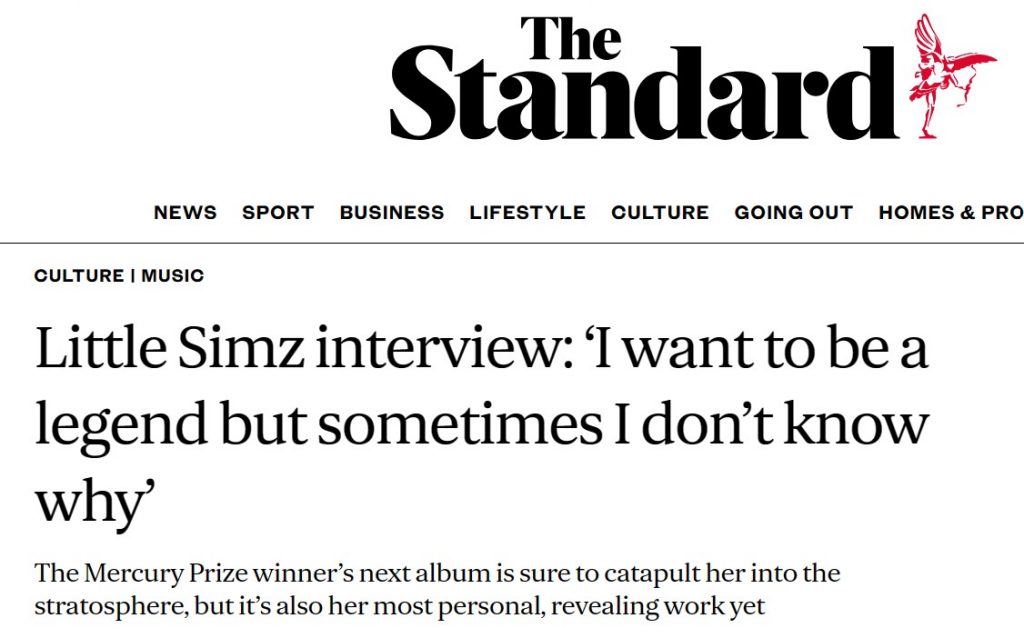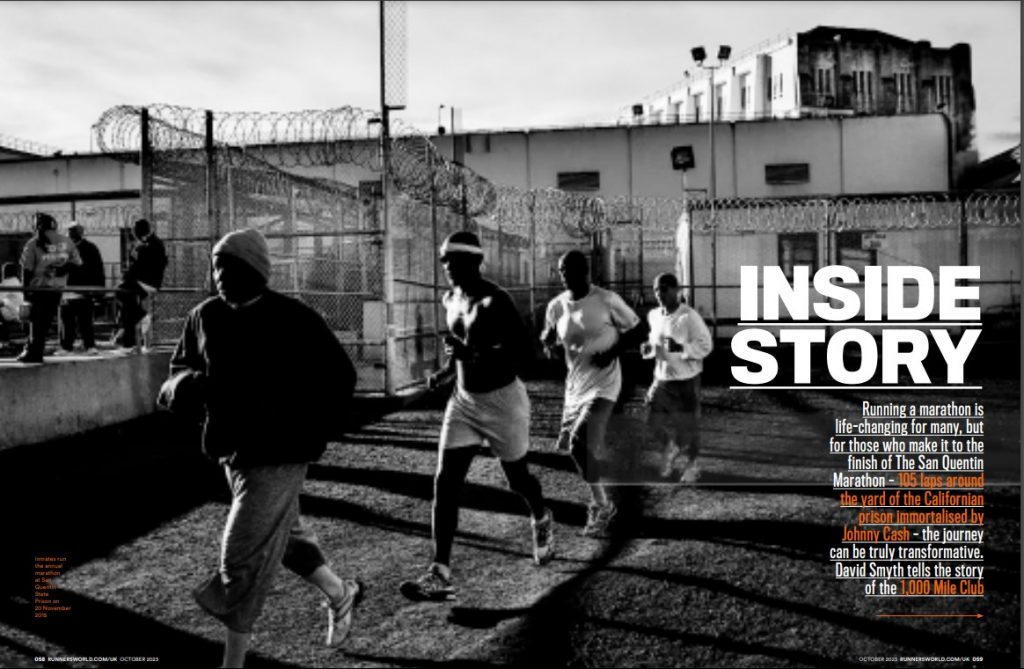We’d get to lunch a lot quicker if Tinie Tempah would just take his glasses off. He doesn’t even need them. But as the Plumstead rapper gets ready to release a second album that should secure his status as one of Britain’s biggest and brightest musical exports, he does need to be seen — that means stopping for every passing cameraphone and ramping up his natural charm to maximum baby-kissing megawattage.
“I did this as fashion and a disguise,” he says of the thick black Ray-Bans that transform him from 24-year-old Patrick Okogwu into Tinie Tempah, voice of three No 1 singles and a double platinum debut album — now a trademark, not camouflage. “I’m like the reverse of Clark Kent.”
And the man is having a super time of it, moving from grime scene mixtapes to the top of pop’s tree over the past few years. His mixing of wide-ranging sonic styles with sharp wordplay has helped to define this decade in music. Now there’s new material walking that tricky tightrope between keeping the things we love about him, like witty, deliberately parochial rhyming (witness his mistress who “never wear no nightie” on his bouncy recent single, Trampoline) and pushing his sound forward to introduce Tamil music, dubstep and even country.
“I want to make music that sticks out. Trampoline didn’t sound like anything else on the radio. I feel like there’s an obligation to educate your fan base and for them to grow with you,” he says.
When we meet, he’s more focused on impressing with his personality. He’s holding open every door, sharing his sushi (he’s positively evangelical about soft-shell crab) and laughing tactfully when I become approximately the 8,000th person to ask him if he still keeps any clothes at his aunt’s house — in reference to his memorable boast about excessive fashion ownership on his first hit, Pass Out.
Now his pad in Shoreditch, where he’s been for about a year, is big enough for him to be able to retrieve all those extra trousers from Auntie’s. It hasn’t come without its problems, though.
“I had to get an injunction. Someone was going to write a story about it. This is my privacy, this is my personal place where I live and sleep. I don’t want people to know where it is.”
His lifelong London home has had a powerful influence on his sound. Having begun recording his second album in Los Angeles, he found that he needed to be back in the fuss-free Greenwich studio where he has always worked to get the job done right.
“LA felt too hyperreal, like I was a very long way away from where I’d come from. Everything was glitzy and glamorous and great and perfect and sounded amazing. I’m just not used to that,” he says.
Home was what he needed. “I love London, man. The more cracks and crevices that I’m getting exposed to in this weird and wonderful city, the more enjoyable it is for me.”
So the privacy concerns that come with success haven’t turned him into a recluse. GQ’s Best Dressed Man of 2012 is no stranger to red carpets and celebrity gatherings. But there’s evidence of an increasing seriousness.
“This celebrity thing, about who you’re dating, what restaurant you’re coming out of, who you were texting, what you’re doing in Ibiza — that was bloody overwhelming for me.” It inspired the sleeve of his new album, Demonstration — his face in black and white with a strip of red paint over his eyes. “That’s why I’ve covered my eyes on the cover, because it’s not about that, it’s about the music.”
I hear the album in full at his record company just before we meet. It’s brilliant fun, eclectic and innovative, with a cast list including big stars (hot US rappers 2 Chainz and Big Sean, Paloma Faith and, with crashing inevitably, Emeli Sandé) but also impressive newer names such as Ella Eyre, Laura Mvula and Candice Pillay. The next single, the arm-waving anthem Children of the Sun, sounds like another major hit. I was especially taken with Looking Down the Barrel, produced by Tom Rowlands of the Chemical Brothers, which incorporates a sample of a cowboy Johnny Cash type.
Listen to tracks from Demonstration here
Most striking, however, is the sweary, intense Mosh Pit, which features Dizzee Rascal delivering an extraordinary rap at twice Tinie’s pace. Could this be the original London grime superstar under pressure to prove who’s boss?
“When I started off, I had a personal goal, which was to be bigger than Dizzee Rascal. Now here he is on this record and I’m on his too,” says Tinie. “When Dizzee won the Mercury Prize I was 13 years old. If he’d never been nominated I wouldn’t even have known what a Mercury award was.”
Now there must be countless teenagers looking at Tinie with a similar hunger for what he has. If he boasts on record about his possessions or his abilities, as is hip hop’s way, he says that he does it to share the joy.
“Most rappers have come from the most impoverished situations. And not just in America, everywhere. Now you’ve got to a place where all the stuff that you didn’t have, that was alien and foreign to you, is now at your feet. I do feel that so few of us have got to this place that there is an obligation to fill in my demographic, who have come from where I’ve come from, to let them know that I’m seeing the world and all these amazing things. I want to motivate and inspire them.”
It has been well documented that his upbringing wasn’t nearly as rough as some of his peers. Not for him the drug- dealing and school expulsions of rap cliché. He has 10 GCSEs and three A-levels from a Catholic state school in Plumstead, and his parents, who moved to south London from Nigeria in their twenties, initially weren’t too thrilled that he skipped university. He still says he owes them for his musical triumphs.
“They put me in a place where I was confident enough to believe I could do this. My parents were not born here, things weren’t easy for them. They had to retrain, they worked hard. They moved me from a massive tower block in Walworth to a semi-detached house, all through work. They instilled in me that you have to work hard for things.”
So he’ll talk proudly of sending his producer back for a 37th go at his new song, Tears Run Dry, and of not having time for a girlfriend. (There are two break-up songs on the album, Lost Ones and It’s OK.) “In theory I like the idea, and I think the older you get, after a while you want to start sharing things with people. But it’s more complicated than it even seems. When I meet people I have to question their intentions. Are you meeting me because you saw me on telly? Sometimes I’ll be in a club and think, ‘This girl’s proper staring me out, she must think I’m so hot,’ and then I think, wait, she just thinks ‘There’s Tinie’.”
He seems much more interested in music than women. He’s an engaged, fast-talking conversationalist, asking me almost as many questions as I ask him, particularly about the standard of new artists breaking through. He enthuses at length about Kanye West’s dark, challenging recent album, Yeezus. I mention that I saw him at the playback for the Daft Punk album that took place at the top of the Shard in May, but didn’t approach him because he was sitting alone listening so seriously to the music. “You got me!” he laughs.
But living and breathing this music is worth any sacrifice to his personal life. “Everything I’ve dreamed about is working out. I never thought this was going to happen and it has. And I’m young and I’m fit and I’m able and I’m so happy, so so happy. You do not understand how happy I am. So why am I not gonna work as hard as I can to push beyond here and take it to another level? Why should I not be smiling all the time?”
As we leave the restaurant there’s another fan photo request from a neighbouring table. It’s not hard for Tinie Tempah to summon one more giant grin.
Tinie Tempah ’s new album Demonstration is released on Parlophone on November 4; the new single, Children of the Sun (feat. John Martin) is out on October 28. On December 18 he plays the O2, SE10 (0844 824 4824, the02.co.uk) on his UK arena tour presented by PlayStation 4




